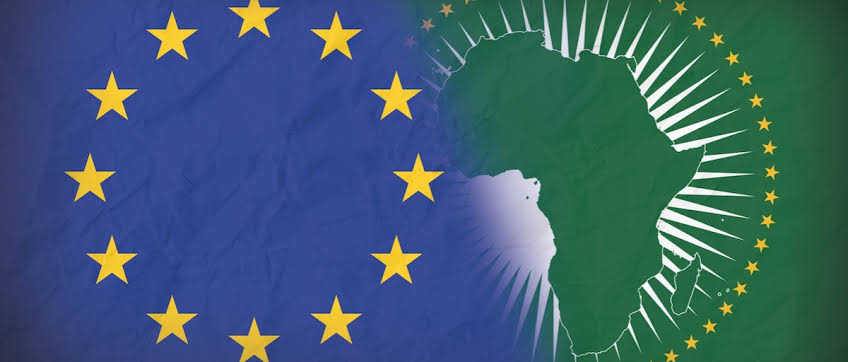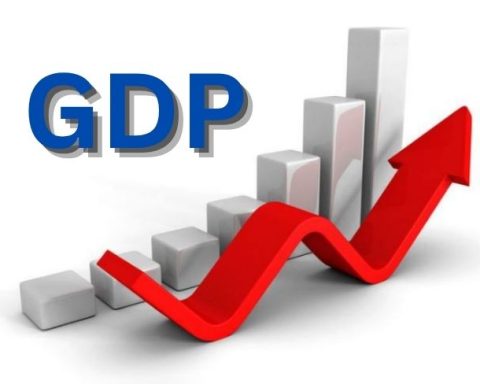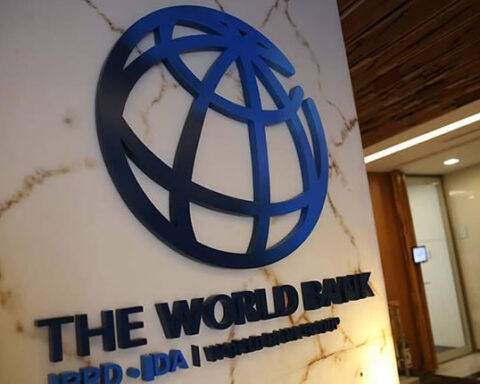There is so much that $25billion dollars can do for Africa. While the African Development Bank’s (AfDB) $25billion Fund is projected to help the continent overcome food insecurity in five years, the International Energy Agency (IEA) states that an annual investment of $25billion is needed in Africa for the people of the continent to have full access to electricity. This is to mention just a few critical sectors that readily provide the opportunity cost for the princely sum which is what Africa, according to the AfDB President, Akinwumi Adesina, risks losing directly to the European Union’s Carbon Border Adjustment Mechanism (CBAM).
While drumming home the implications of the new EU trade policy, the development bank chief pointed out that the mechanism could significantly constrain Africa’s trade and industrialization progress by penalizing value-added exports including steel, cement, iron, aluminium and fertilizers. He was emphatic that “With Africa’s energy deficit and reliance mainly on fossil fuels, especially diesel, the implication is that Africa will be forced to export raw commodities again into Europe, which will further cause de-industrialization of Africa”.
Join our WhatsApp ChannelEuropean Union in an attempt to level the playing field for all businesses operating in the bloc and prevent EU-based companies from being undercut by competitors in more-polluting regions of the world, CBAM is being introduced for importers to pay a carbon price equivalent to that paid by European producers under the EU Emissions Trading System (ETS). The European Commission describes the CBAM as its “landmark tool to fight carbon leakage”. Carbon leakage occurs when industries based in the EU move carbon-intensive production abroad to countries where less stringent climate policies are in place.
The CBAM, which came into force on the 1st of October, will initially apply to imports of certain goods and selected precursors whose production is carbon intensive and at the most significant risk of carbon leakage – cement, iron and steel, aluminium, fertilizers, electricity, and hydrogen. Although the mechanism is primarily targeted at big carbon polluters like China and Russia, who are also among the EU’s geopolitical rivals, African countries will suffer collateral damages to the tune of at least $25billion per annum. A report jointly produced by the African Climate Foundation (ACF) and the Firoz Lalji Institute for Africa at the London School of Economics and Political Science (LSE), the application of CBAM to all imports would lead to a 5.72 per cent reduction in exports from African countries to the EU. This would correspond to a decline of the continent’s GDP by 1.12 per cent, amounting to Euro 31 billion based on African GDP levels in 2021.
Given that the EU is primarily an import-export market for African countries, the new levy could cause a fall in exports from Africa to the EU of aluminium by up to 13.9 per cent, iron and steel by 8.2 per cent, fertilizer by 3.9 per cent and cement by 3.1 per cent. Washington DC-based Center for Global Development already forecasts that Mozambique’s GDP would drop by about 1.5 per cent due to the tariff on aluminium exports while Mauritania and Senegal would incur heavy losses. These are grim statistics over which the continent must not rest easy. Given that African countries rely heavily upon and are being encouraged to add value to these commodities for increased foreign exchange earnings, any decline in their exports would result in reduced government revenues, which, in turn, would hamper government spending on critical projects, including essential social development initiatives such as education and healthcare.
As deleterious as the first phase of CBAM implementation is, the impact could be more substantial by the time the scope of the tariff is expanded. It is feared that this pet project of the EU could inspire other developed economies that are potential markets for Africa to follow suit as they seek to decarbonize trade. This poses greater implications for developing economies It is good that India and South Africa have registered their protestations at the World Trade Organisation (WTO) that CBAM breaches the WTO’s non-discrimination principle. Other African countries must follow suit. The world owes them a listening ear since the continent only accounts for about 4 per cent of global carbon emissions yet is the most buffeted by the climate crisis occasioned by greenhouse emissions from developed countries. It amounts to double jeopardy for Africa to be short-changed by climate change and also receive the shortest end of the stick in terms of the balance of global trade. With the $60bn or 2 per cent of the $3 trillion of global investments which Africa received in renewable energy over the past two decades, this modest gain will be eroded by CBAM which will now impact negatively on the continent’s ability to export competitively into Europe.
The EU is by far the main trade partner of the African continent, with a total volume of 268 billion Euro in 2021 and 90 per cent of African exports entering the European Union duty-free. As far back as 2007, the Africa-EU Energy Partnership (AEEP) was launched at the AU-EU Summit in Lisbon, Portugal to facilitate the achievement of universal access to affordable, sustainable and modern energy services in Africa, including in rural areas, as a necessity and as a pre-requisite to generating inclusive development and jobs. If only for the sake of this investment and mutually beneficial relationship, the European Commission must work towards mitigating the negative consequence of CBAM on African economies.
Prime Business Africa calls on the EU to respect the principle of common but differentiated responsibility in the Paris Accord, which requires developed countries to peak per carbon emissions and achieve net zero in the first half of the century while developing countries could attain that level in the second half of the century. To atone for the global inequalities and poverty fanned by CBAM, we also task the EU on climate financing to African countries and facilitating the transfer of technology that would support the transition of these countries to low-carbon economies.
In the final analysis, the new carbon tax should inspire African countries to be more innovative. There is no better time for the continent to scale up its investment in renewable energy and encourage green-conscious industries and exports. It is our considered opinion that CBAM is the needed push for Africa to explore the diversification of its markets and trading partners so that the continent can be insulated from the shocks of overreliance on the European market. As the EU implements the CBAM, there is no doubt that the impact on African economies is nuanced and multifaceted. This newspaper recommends that the potential challenges should be exploited by all parties as opportunities for collaboration, innovation, and sustainable development without having to sacrifice the very fruitful partnership that has existed between Africa and the EU over the years.













![Gender Activism An Economic Necessity In Africa [PBA Editorial]](https://www.primebusiness.africa/wp-content/uploads/2023/11/vaw-480x384.png)


